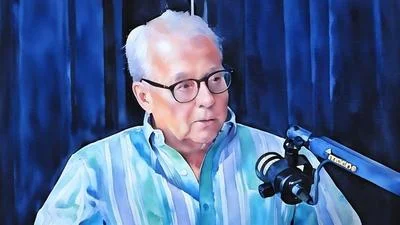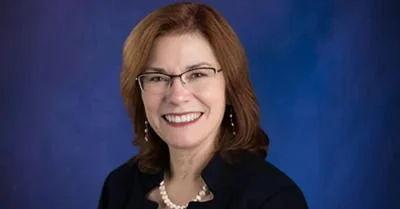The Center for Participatory Research (CPR) at The University of New Mexico's College of Population Health is leading national efforts to shift health research from a traditional top-down model to one that prioritizes community involvement. Nina Wallerstein, DrPH, Distinguished Professor of Public Health and director of CPR, has dedicated over 40 years to advancing community-based participatory research (CBPR).
Wallerstein’s approach centers on building long-term partnerships with communities, ensuring they play a central role in guiding research priorities, data collection, analysis, and maintaining ownership of findings. “Partnerships call for long term commitments,” Wallerstein said. “This has been key to the Center for Participatory Research.”
The center operates on principles focused on equity and social justice and collaborates with local, tribal, national, and international partners. During Wallerstein’s tenure, CPR has secured more than $25 million in funding and currently manages about $2.5 million in active support from private foundations, the National Institutes of Health, Patient-Centered Outcomes Research Institute, and the New Mexico Department of Health.
“My commitment and that of our team is to center on listening to partners and communities, with respect for their authority and sovereignty, so that we can effectively collaborate on programs that best suit them,” Wallerstein said.
One major project led by the center is "Engage for Equity," launched in 2006. Funded most recently by the National Institute of Nursing Research, it surveyed 400 federally funded CBPR projects nationwide to identify best practices for effective partnerships.
CPR’s work includes four main components: Indigenous Health and Wellness; Community-Based Participatory Research; Youth Participatory Action Research; and Co-Learning Educational Initiatives. The Indigenous Health and Wellness program has partnered with tribal communities across New Mexico for over 25 years to develop culturally centered family programs and training initiatives for Native evaluators.
The CBPR component works with eight academic health centers through the Engage for Equity (E2) program to change institutional policies supporting sustained community leadership in research. Another focus area provides statewide training in youth participatory action research and sexual health education for teachers.
The co-learning educational initiative features an annual CBPR Institute now in its 16th year. It attracts around 70 participants globally each year who receive graduate credit or professional development opportunities.
Recognition for Wallerstein’s contributions includes being named UNM Distinguished Professor of Public Health in 2021. She delivered UNM’s inaugural Community Engaged Research Lectureship Award in 2016 and served as interim dean of the College of Population Health from 2020 to 2021. Her national service includes roles with the National Academies of Medicine, Academy Health, and Robert Wood Johnson Foundation.
“I always ask myself how I can apply these same ethical principles with all communities,” Wallerstein said. “Community influence and power is the core of CBPR.”
Wallerstein noted that CPR operates solely through grants and contracts rather than university funds—a reflection she says demonstrates funders’ recognition that CBPR benefits both science and communities.
“I have most learned about Tribal sovereignty and governance, which includes Tribal Institutional Review Board (IRB) approvals of research, the importance of their owning the data and the intervention for their own use, and always to integrate Tribal partners as co-authors of all publications,” she said.
Wallerstein’s scholarly output exceeds 190 publications translated into several languages. Her textbook "CBPR for Health" is under contract for a fourth edition.
Through survey tools, evaluation guides, collective reflection resources—and by challenging conventional research models—Wallerstein continues her focus on strengthening academic-community partnerships worldwide.
“CBPR has been a lifelong learning for me,” Wallerstein said. “I have so valued the opportunity to learn from my community partners, from their own experiences and knowledge(s) of how best to create collaborative research together.”








